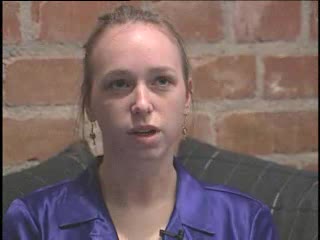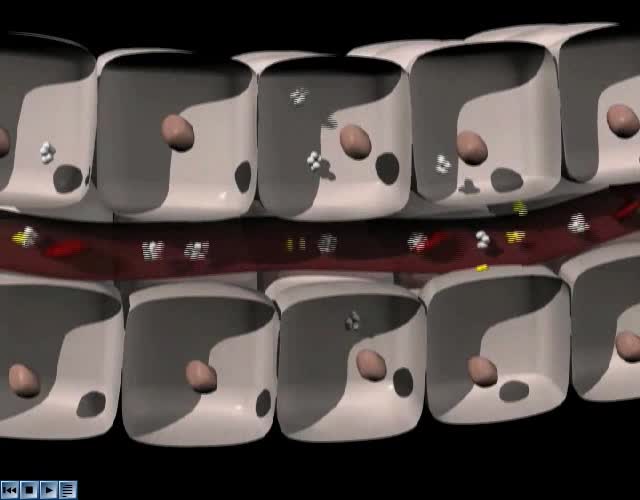Search Results
Results for: 'Eating Disorders'
Introduction to Eating Disorders
By: Administrator, Views: 9525
An eating disorder is a mental disorder defined by abnormal eating habits that negatively affect a person's physical or mental health. They include binge eating disorder where people eat a large amount in a short period of time, anorexia nervosa where people eat very little and thus have a low bo...
Interview with an Anorexic Woman (Part 1 of 2)
By: Administrator, Views: 9840
Anorexia is a psychological disorder that affects an individual’s relationship with food and causes an unrealistic view of one’s body image. It affects both men and women of all ages but is more prevalent in women, with 0.3 – 1.0% of all women being affected. The age of onset tends to be mi...
Interview with an Anorexic Woman (Part 2 of 2)
By: Administrator, Views: 9746
Anorexia is a psychological disorder that affects an individual’s relationship with food and causes an unrealistic view of one’s body image. It affects both men and women of all ages but is more prevalent in women, with 0.3 – 1.0% of all women being affected. The age of onset tends to be mi...
Dissociative Disorders (Part 2)
By: Administrator, Views: 9449
Dissociative disorders (DD) are conditions that involve disruptions or breakdowns of memory, awareness, identity, or perception. People with dissociative disorders use dissociation as a defense mechanism, pathologically and involuntarily. Some dissociative disorders are triggered by psychological...
Dissociative Disorders (Part 3)
By: Administrator, Views: 9534
Dissociative disorders (DD) are conditions that involve disruptions or breakdowns of memory, awareness, identity, or perception. People with dissociative disorders use dissociation as a defense mechanism, pathologically and involuntarily. Some dissociative disorders are triggered by psychological...
Dissociative Disorders (Part 1)
By: Administrator, Views: 9613
Dissociative disorders (DD) are conditions that involve disruptions or breakdowns of memory, awareness, identity, or perception. People with dissociative disorders use dissociation as a defense mechanism, pathologically and involuntarily. Some dissociative disorders are triggered by psychological...
Interview with Person having Obsessive Compulsive Disorder
By: Administrator, Views: 9603
Obsessive–compulsive disorder (OCD) is a mental disorder in which a person feels the need to perform certain routines repeatedly (called "compulsions"), or has certain thoughts repeatedly (called "obsessions"). The person is unable to control either the thoughts or activities for more than a sh...
By: Administrator, Views: 10578
Audiology is a branch of science that studies hearing, balance, and related disorders. Audiologists treat those with hearing loss and proactively prevent related damage. By employing various testing strategies (e.g. behavioral hearing tests, otoacoustic emission measurements, and electrophysiolog...
By: Administrator, Views: 10215
Hypoglycemia, also known as low blood sugar, is when blood sugar decreases to below normal levels. This may result in a variety of symptoms including clumsiness, trouble talking, confusion, loss of consciousness, seizures or death. A feeling of hunger, sweating, shakiness and weakness may also be...
Advertisement











